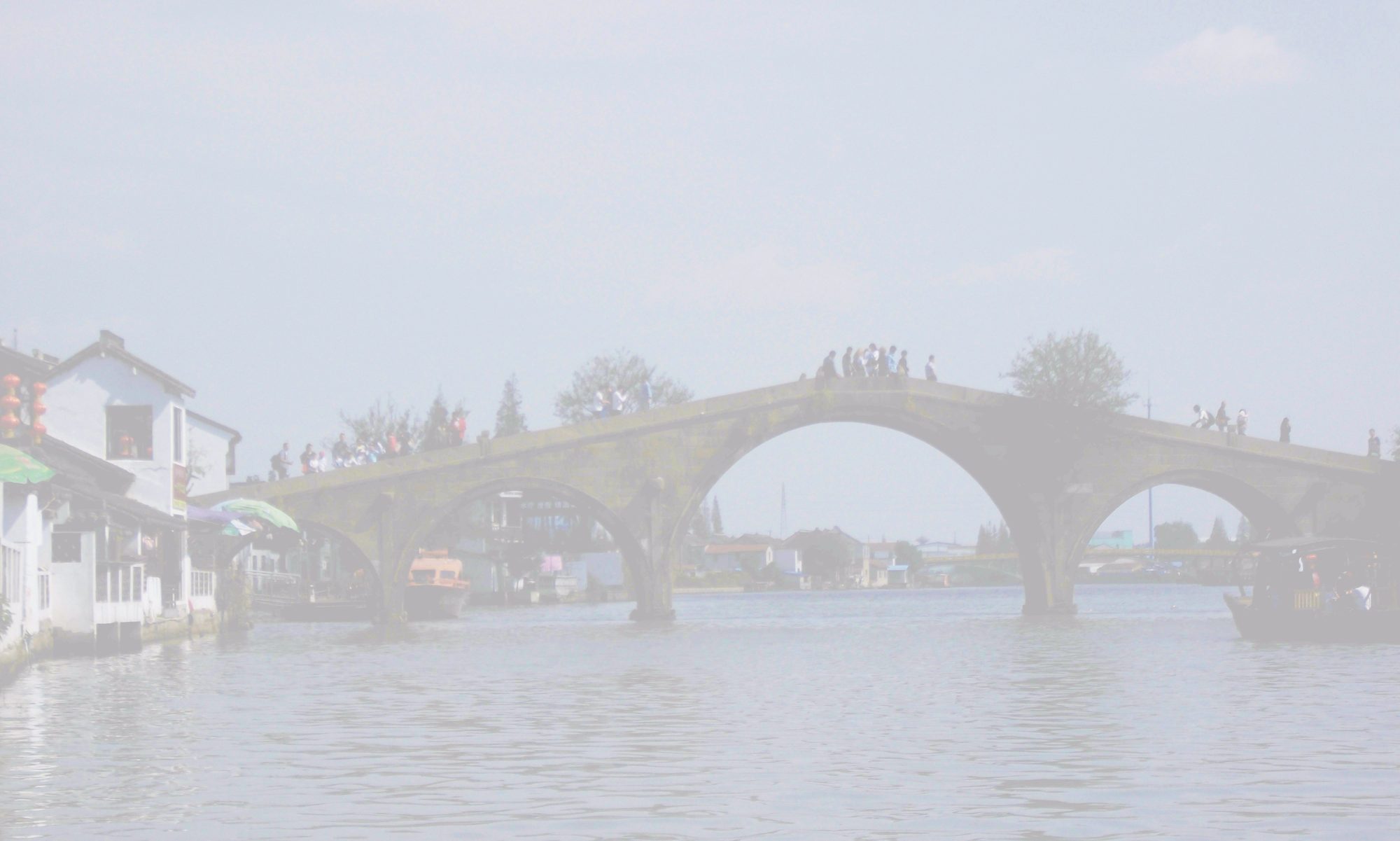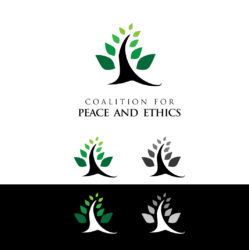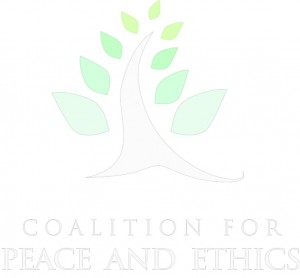Research Projects seek to add knowledge within and across specific fields. They represent the core work of CPE. The object is to produce knowledge that may contribute to debate on issues of importance, to contribute to debate, and to add knowledge to permit those with authority to make better decisions based on fact, rather than on instinct, desire or belief.
Working Papers
Members of CPE will produce a variety of publications from time to time on issues of contemporary relevance.
CPE Working Papers are research oriented working papers, preliminary scientific or technical papers. The authors of these working papers and Background Briefs have released them to share ideas about a topic or to elicit feedback before submitting to a peer reviewed conference or academic journal. These working papers are preliminary versions that are being shared in a timely manner to a broad research community, with the aim of contributing to scholarly debate and soliciting constructive feedback.
CPE Background Briefs provide information on subjects of topical interest to provide readers with information useful for understanding important current issues. CPE Background Briefs are more informally drafted to provide information efficiently to readers with a desire to understand issues in greater depth and in context.
CPE Commentary include written comments and analysis of selected legislation or other public actions for which commentary has been solicited.
Projects:
The current state and future trajectories of human rights due diligence laws (2022)
Convenors: Larry Catá Backer (Pennsylvania State University and Coalition for Peace & Ethics) and Claire Methven O’Brien (University of Dundee and Danish Institute for Human Rights)
With the support of the Pennsylvania State University Schools of Law & International Affairs, University of Dundee, the Danish Institute for Human Rights, and the Coalition for Peace & Ethics, and special thanks to the Project student research assistant Michael A. Dressler, Jr (Penn State SIA).
Claire Methven O’Brien and Larry Catá Backer are delighted to announce the commencement of a new project: The current state and future trajectories of human rights due diligence laws. The object of this project is to bring together young and established scholars from a variety of fields to examine due diligence from different perspectives. Due diligence is an ancient concept with roots in societal and cultural norms and expectations. It has been realized in law, especially with respect to systems of assigning and shifting risk of loss in private law and in the development of norms of corporate governance. Since the endorsement of the UN Guiding Principles for Business and Human Rights (2011), human rights due diligence has captured an increasingly critical place in the institutionalization of frameworks for embedding human rights, and now sustainability, norms in economic activity. Composed of four core elements—identification and assessment, integrating, tracking, and communicating—due diligence has spilled far beyond its original role as the means through which business entities could comply with their markets driven and state managed responsibility to respect human rights. Today, due diligence plays an important role in compliance, in the operation and development of systems of prevention, mitigation, and remedy. It has acquired a normative dimension as well—embedding principles of responsibility through the forms and premises of the diligence that is due and its consequences. Most recently, states have begun to draw on the principles and modalities of due diligence to develop state based due diligence legal orders.
This last insight provides the theme of our first volume: Human Rights Due Diligence Laws: From Due Diligence Standards to New Legal Norms . Edited by Larry Cata Backer and Claire Methven O’Brien, This volume brings together some of the most innovative and forward thinking academics, practitioners, and commentators, from universities, non-governmental organizations, business, and government to collectively contribute to a deeper understanding of the emerging law of due diligence, especially as it touches on the human rights and sustainability elements of economic activities whether undertaken by public or private organizations.
ACCESS PROJECT HOMEPAGE HERE
WORKSHOP-CONFERENCE (6 September 2023)
Litigating Cuba: Cuban Embargo Litigation (From 2019)
CPE began following the litigation that erupted in the last years of the Trump Administration when the U.S. Department of State announced that the federal government “will no longer suspend Title III.” (U.S. Department of State, Secretary of State Michael R. Pompeo’s Remarks to the Press (Apr. 17, 2019), effective May 2, 2019. Title III of the LIBERTAD Act, “created a private right of action against any person who ‘traffics’ in confiscated Cuban property.” Garcia-Bengochea v. Carnival Corp., 407 F. Supp. 3d 1281, 1284 (S.D. Fla. 2019) (citing 22 U.S.C. §6082(a)(1)(A); 22 U.S.C. §6023(13)(A)). Judicial engagement has been undertaken within a specific ideological perspective extracted from the intent of the legislation enacted since the 1960s: “Since Fidel Castro seized power in Cuba in 1959, “communist tyranny and economic mismanagement” has plagued the island nation, substantially deteriorating the welfare and health of the Cuban people. See 22 U.S.C. § 6021(1)(A), (2). The communist Cuban Government has systematically repressed the Cuban people through, among other things, “massive and systemic violations of human rights” and deprivations of fundamental freedoms. Id. § 6021(4), (24). In response, the United States has consistently sought to impose international sanctions against the Castro regime. Id. § 6021(8)–(10).” Havana Docks v. Carnival Corp. et al, Case 1:19-cv-21724-BB (SD Fl 21 March 2022), p. 8.
The materials include court documents and analysis relating to the litigation that commenced after the 2019 lifting of the suspension of Title III.
ACCESS Cuban Embargo Litigation Project Page HERE
8th Congress of the Cuban Communist Party (Partido Comunista Cubano) April 2021: Documents and Analysis
These materials includes links to the major documents produced at the 8th Congress of the Cuban Communist Party. Because historically such documents sometimes are not accessible for long periods of time, especially where subsequent changes in vanguard politics or ideology makes a close reading of prior pronouncements inconvenient, I thought it useful to provide another source for the core documents.
ACCESS 8th PCC Congress Project Page: HERE
Treaty Project:
Project on the Effort to Elaborate an International Instrument on Business and Human Rights
In June 2014 at its 26th session, a divided UN Human Rights Council adopted a resolution drafted by Ecuador and South Africa which mandated the establishment of an open-ended intergovernmental working group with the objective of elaborating an international legally binding instrument on Transnational Corporations and Other Business Enterprises with respect to human rights. During the course of its work it has held four well scripted sessions.
In 2017 the OEIGWG produced an “Elements for the draft legally binding instrument” and in July 2018 circulated what it styled as a Zero Draft (with draft Optional Protocol) (summary available here).
Flora Sapio (Comments on the “Zero-Draft”), and I (Making Sausages?: Preliminary Thoughts on the “Zero-Draft”) have been considering the challenges posed by the Zero Draft. But we wanted to dig deeper. To that end we wanted to avoid the altogether too easy exercise of textual exegesis to suggest the challenges that this draft might construct for itself.
Rather than consider text, or text in light of the various mandates and principles purportedly manifested in the language used to build the Zero Draft, we thought it might be useful to consider text within the context of the initial commentary it might generate among Zero Draft stakeholders motivated enough to make them. These, then, might usefully inform the reading of text, and sharpen analysis of its structure and consequences.
To that end, the CPE commenced the current Treaty Project. Its aim to to provide researchers with relevant primary source materials and analysis to encourage full, lively and transparent debate about both the process of treaty making, and the elaboration of a Treaty. These, then, will be woven together first to develop both a critique of the Zero Draft, and thereafter to suggest the value of an alternative, framework, model for such a project.
The Treaty Project continued in 2019, when the OEIGWG produced a Draft of the “Legally Binding Instrument to Regulate, in International Human Rights Law, The Activities Corporations and Other Business Enterprises,” which was released on 16 July 2019. The background to this new version was provided in an earlier Note Verbale by the Chairmanship of the Working Group regarding the release of the revised draft legally binding instrument.
Go to Treaty Project Page: HERE.
The Weaponization of Sound Project:
The Affair of the Sonic Weapons Attack–Cuba; China; the U.S.
The project follows the events from the time in late 2016 and early 2017 when diplomatic personnel in Cuba, first from the U.S. and then from Canada, reported injuries from an unknown source. What began as a curiosity–reports of U.S. and other Western diplomatic personnel suffering unexplained physical damage, escalated into allegations of the use of new style weapons that has significantly affected U.S.-Cuba relations. It has seen some use in the quite aggressive battles between the U.S. and China over the shape of global trade going forward (a work still in progress in mid 2018). it has helped shape, though on the periphery, the relations between the U.S., Russia and some of the former Central Asian Soviet satellites. And it has shaped a very new and different sensibility about the nature of risk and injury in conflicts that are yet to be defined, much less named. In the process it has exposed the use of a variety of techniques and technologies both within the United States and abroad by others. The Affair of the Sonic Weapons Attack has moved from the “he said-she said” stage through the reaction and grand gesture stage, through the solicitude for injury stages, through the scientific investigation and data gathering/analysis stage, to a new stage that may suggest the future course of events. It portends substantial changes in forms of conflict and state to state relations.
This research project follows closely the evolving situation and developing insights with substantial relevance to law, international relations and globalization. The essays and other materials may be accessed HERE.
Research Projects on Marxist-Leninist Political and Economic Systems
_________
The Vanguard in its New Era: Resources and Workshop on the 20th National Congress of the Communist Party of China October 2022
Education Project homepage here
Conference:
Marxist-Leninism 2.0: Theories and Practice of Socialist Democracy in China and Cuba
(12 February 2019)
⇒Conference Information
→Conference Concept Note
♦China Panel: China’s Socialist Consultative Democracy
→China Panel Conference Note
♦Cuba Panel: Popular Participation, Representation and Constitutional Reform in Cuba
→Cuba Panel Conference Note
The Vanguard Governs in the “New Era”: A Focus on Chinese Political and Governing Institutions
(August – October 2018)
The Chinese People’s Consultative Conference 中国人民政协 (August 2018)
__________
The Vanguard Acts: A Focus on China at the Dawn of its “New Era”
(March 2018)
Round Table: Socialist Rule of Law and Governance after the 19th Chinese Communist Party Congress 13 March 2018 (国内外两个视角2018年3月13日圆桌会议概念文件)
Teach-In: China in the “New Era” — A Primer; 14 March 2018 (座谈会:“新时代”的中国)
Conference: Rule of Law and Governance in China at Home and Abroad 15 March 2018 (国内与国外两个视角 2018年3月15日, 会议概念文件)
__________
The Vanguard Leads: An Initial Consideration of the 19th Chinese Communist Party Congress
(November 2017)
Round Table: The Implications of the 19th Chinese Communist Party Congress 3 Nov. 2017
19th Congress of the Chinese Communist Party: Documents and Assessment (2017)
___________
Sponsored Conferences and Presentations
All Events LINK HERE. Highlighted Events:
The Obligation of States to Prevent Negative Effects to Human Life and Health Caused by Climate Change: The View from International Human Rights Frameworks.; session International Law on Sustainable Development, Climate Change and Environmental Protection in Times of Disorder and Contestation
ESIL Research Forum: “International Law in Times of Disorder and Contestation;” ESIL Research Forum at the Hebrew University of Jerusalem. Hebrew University of Jerusalem, Israel 28 February to 2 March 2018. The PowerPoint Slides may also be accessed HERE.
U.N. Business and Human Rights Forum Snapshot November 2017.
“New International Trade and Rules Between Globalization and Anti-Globalization“; The Pennsylvania State University, April 22-23, 2017 (Closing Remarks)






